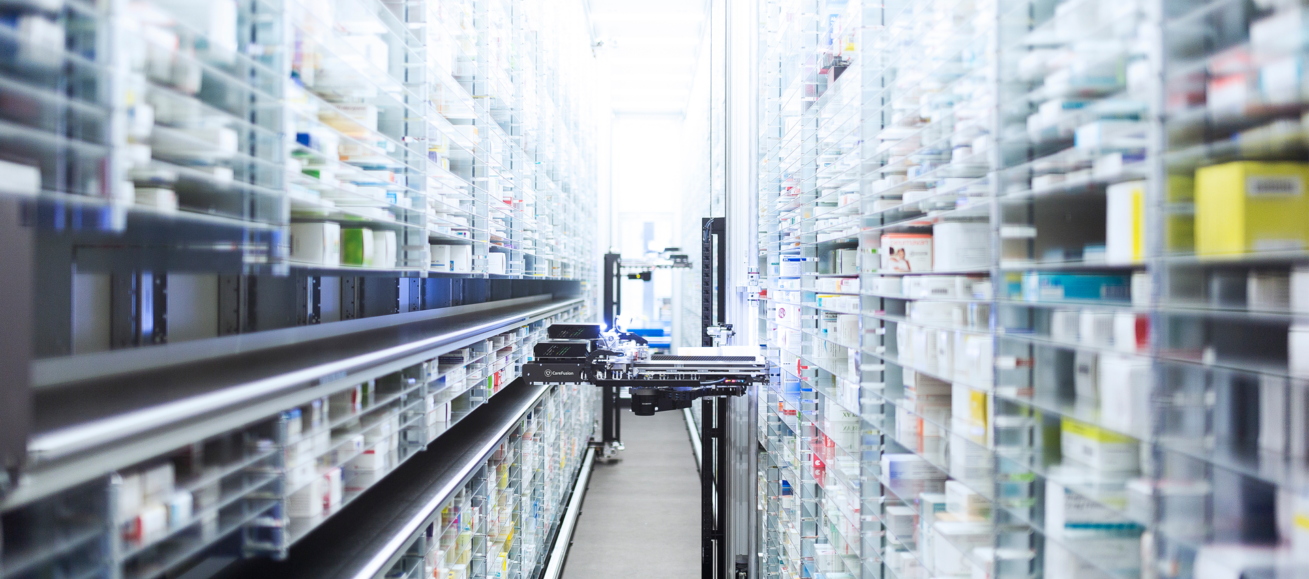Parallel Trade
Increasing growth in the healthcare costs and existence of custom pricing policies of drug manufacturers lead a flow of supply of medications across countries. This often causes unavailability and unaffordability of drugs and healthcare products in respective markets. Thus, not only patients but other participants in the healthcare markets such as health institutions, public and private healthcare providers and pharmacies also cannot access to proper medication when they need them.

Economic Rationale
Once a new medicine is created, the patentee can prohibit other companies from producing and selling its medicine, but cannot prohibit licensed wholesalers who have bought the drug from the patentee from reselling it in other EEA countries where the patentee sells it at a higher price.
These drugs are purchased by parallel importers and then transferred under strictly regulated conditions to the target market, repacked to meet national laws and language requirements and sold at a lower price than the normal local price in competition with identical products sold by the manufacturer or its local licensee. This is due to differences in the prices of single medicines between Member States.
Thus, parallel imports are the only form of competition on price during the period of patent protection of a medicinal product (so-called intra-brand competition). Parallel trade in medicines, put another way, brings forth competition in an area where patents confer a monopoly on the owner of the rights in all national markets. This will benefit the European economy, the health systems and patients.
Parallel Trade
Increasing growth in the healthcare costs and existence of custom pricing policies of drug manufacturers lead a flow of supply of medications across countries. This often causes unavailability and unaffordability of drugs and healthcare products in respective markets. Thus, not only patients but other participants in the healthcare markets such as health institutions, public and private healthcare providers and pharmacies also cannot access to proper medication when they need them.

Economic Rationale
Once a new medicine is created, the patentee can prohibit other companies from producing and selling its medicine, but cannot prohibit licensed wholesalers who have bought the drug from the patentee from reselling it in other EEA countries where the patentee sells it at a higher price.
These drugs are purchased by parallel importers and then transferred under strictly regulated conditions to the target market, repacked to meet national laws and language requirements and sold at a lower price than the normal local price in competition with identical products sold by the manufacturer or its local licensee. This is due to differences in the prices of single medicines between Member States.
Thus, parallel imports are the only form of competition on price during the period of patent protection of a medicinal product (so-called intra-brand competition). Parallel trade in medicines, put another way, brings forth competition in an area where patents confer a monopoly on the owner of the rights in all national markets. This will benefit the European economy, the health systems and patients.
